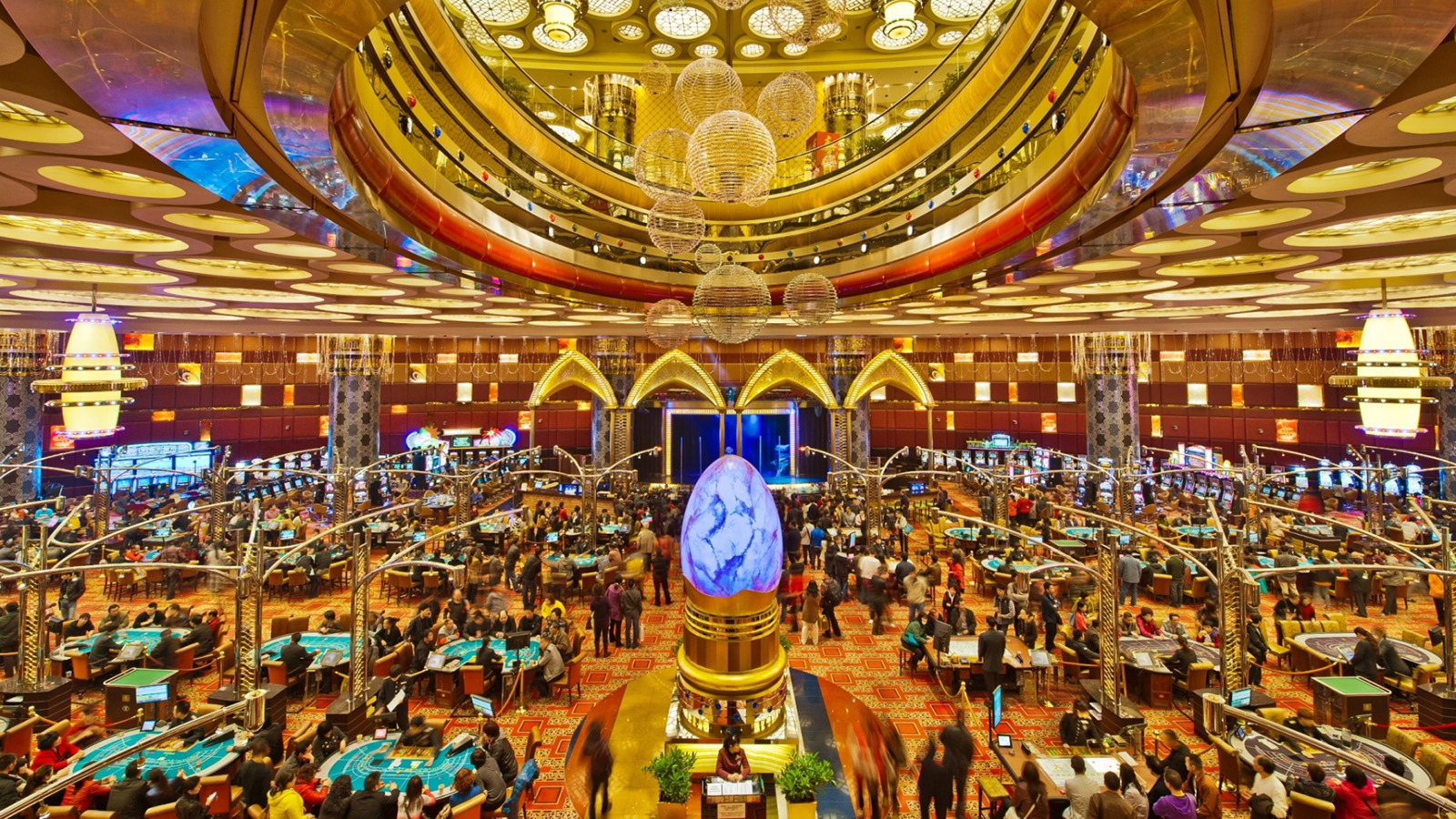
Casino entertainment have long been a engaging form of entertainment, drawing countless of players from different cultures around the globe. From the glitzy casinos of the Strip to the thriving gambling halls of the Chinese gambling capital, these games serve as a bridge that brings together people across a variety of backgrounds. The allure of chance, skill, and gambling entices not only those seeking to gamble for profit but also those looking for a feeling of belonging.
The cultural impact of casino games extends well beyond the gaming floor. They often embody the values and principles of the communities in which they thrive. Games such as Texas hold ’em, blackjack, and roulette have woven themselves into the fabric of cultural phenomena, influencing everything from movies to style. As we explore this captivating intersection of luck and culture, we can comprehend better how gambling games shape and are influenced by the environment surrounding us.
Historical Progression of Gambling Games
The roots of gaming activities can be followed back to old cultures, where gambling in different forms was widely performed. In Ancient China, around two thousand three hundred years before Christ, a type of gambling known as Keno was popular, while in old Rome, soldiers would often wager on the outcomes of their matches. The idea of using randomness for entertainment and gain evolved over the years, leading to the establishment of more structured games. By the end of the Middle Ages, gambling houses began to surface in European nations, notably in the Italian peninsula, which introduced early versions of famous activities still practiced today.
As gambling expanded popularity in the continent, the 17th and 18th centuries saw the rise of gaming houses as dedicated locations for gambling. The first official casino, the Ridotto, was established in the city of Venice in the year 1638, providing games like Baccarat and the game Faro. This time marked a significant pivoting point, as gaming venues commenced to attract not just the wealthy but also the growing middle-tier society. The sophistication of games grew, leading to the development of new regulations and modifications that enhanced the experience of players.
In the 19th century, the era of industrialization and transformations in social standards additionally transformed the terrain of casino games. The arrival of the game of roulette and new gaming machines attracted a more diverse audience, and gambling establishments became seen as legitimate entertainment. This period witnessed the worldwide proliferation of gaming, as gambling houses expanded from Europe to the Western Hemisphere, culminating in the development of the legendary Strip of Las Vegas in the twentieth century. The evolution of gambling games has progressed into the present day, integrating modern technology and digital platforms, rendering them available to a global population.
## Cultural Importance across Diverse Cultures
Gambling games have significant cultural significance across many societies throughout the world. In Las Vegas, the very essence of the city is woven around casinos, where gaming is not just a pastime but a central aspect of social engagement and community interaction. The bright lights and vibrant atmosphere attract a vast audience, showcasing how casino games can impact local economies and local cultures. This environment transforms the notion of leisure into an immersive event that affects apparel, music, and even film.
On the other hand, some cultures approach betting with an air of caution, considering it through the lens of ethical beliefs and tradition. A case in point, in various Oriental communities, games like Mahjong and Pai Gow Poker are rich with history and possess significant social relevance. These games are often played during meetings and celebrations, fostering social ties and strengthening family ties. 99win The act of playing these games goes beyond mere entertainment, reflecting ethics such as respect for elders and the importance of collective enjoyment.
At the same time, in Western countries such as Monte Carlo and the Italian Peninsula, casino games serve as symbols of wealth and sophistication. The refined atmosphere of these establishments attracts both tourists and native inhabitants, reinforcing a sense of prestige and exclusivity. The art of the game of poker and the strategic elements of games like the game of baccarat are celebrated, shaping community relationships and cultivating an appeal that fascinates a heterogeneous audience. This underscores how gambling can concurrently reflect and mold cultural perspectives towards hazard, gain, and community interaction.
Financial Influence and Tourism
Gambling activities play a crucial role in the economic landscape of many regions, particularly those that depend significantly on tourism. The revenue produced from casino operations fuels local financial systems, creating jobs not only within the casinos themselves but also in related sectors such as hotel management, restaurant services, and recreation. This surge of tourists, drawn by the attraction of gambling and the overall gaming environment, stimulates spending across multiple local enterprises, contributing to the economic vitality of the area. Casino 99win
The existence of casinos often leads to the construction of infrastructure, including lodging, transportation systems, and leisure amenities. These improvements are essential in enhancing the overall visitor satisfaction, making locations more attractive to tourists. Additionally, many casinos contribute in local communities through sponsorship of events and philanthropic activities, further integrating themselves into the community structure of the region. Such investment not only supports economic growth but also cultivates a positive image of the gambling sector.
Moreover, the global popularity of casino games drives tourism competition, with locations vying to attract players from around the world. Iconic destinations like Las Vegas and Macau have become identifiable with casino culture, drawing millions annually. This competitive edge encourages creativity and variety within the gambling sector, influencing developments in entertainment and hospitality that extend beyond their limits. The consequences of this tourism extend wide, impacting local economies and cultural exchanges on a global scale.
